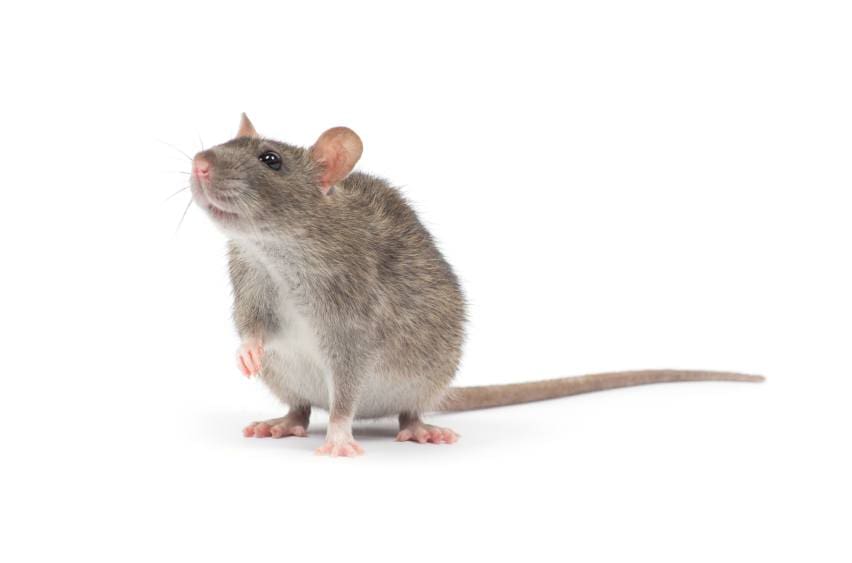A particular concern for many people is an invasion of rats or mice in the home. Once rodents gain entry, they can cause a lot of problems: not only do they spread disease and bacteria, they can also damage wires and furniture.
House mice, wood mice, yellow-necked mice and brown rats are all common in houses. While they can enter all year round, they are more common in winter as they protect themselves from the cold.
According to Rentokil, Ireland’s leading pest control experts, rodents accounted for 31% of all callouts in 2021. So, here is our advice on how to protect your home from these creatures, and what to do if they do invade your home!
What can you do to prevent rodents entering your home?
There are two main reasons why rodents enter your home: food and shelter. If you don’t tidy your house properly and there is food lying around, then prepare to welcome these creatures into your home!
Therefore, don’t leave scraps of food lying around and pay attention to any unpleasant smells in your kitchen. Do not leave pet food near your door. Ensure bins are sealed outdoors and are left away from doorways.
Keep your home dry and avoid any leaks as pests are drawn to water and moisture in the air. Don’t forget too that mice and rats can squeeze through tiny openings, so seal up any possible entry points.
Make sure gaps at bases of external doors are sealed with kick plates or bristle strips. Seal all gaps around cables and pipes – this includes your attic and hot press. Also, make sure that water tanks are fitted with a proper lid or cover.
According to Rentokil, you should look at your external environment, like your garden.
“Keep vegetation cut back as this can provide harbourage and cover. It can also provide food in the form of seeds, berries and other fruit. Remove any standing water as pest animals need water and making water readily available to them should be avoided,” says Richard Faulkner, an Advanced Technical Field Consultant at Rentokil.
“Cut back all external vegetation from walls of building as rodents will use this to climb and gain access. Do not leave external doors and windows open when not in use, rodents are opportunistic,” he adds.
How do you know if they have entered your home?
If you hear gnawing sounds, then you can be sure they have made their way into your home. Rodents need to gnaw continuously to keep their incisors short.
Another sign is tooth marks: larger ones are made by rats, who can gnaw through soft metals, such as lead and aluminium. You may also find marks on furniture or woodwork.
Look out for droppings in your home. Rat droppings are 12mm long and often tapered at one end. Mouse droppings are roughly half the size and thinner. You might find droppings in dark areas below kitchen cupboards and the sink unit, under the bed or furniture, and in any room you don’t use often.
Rats and house mice leave dirty black smears along well-travelled routes, particularly ‘loop smears’ where they squeeze under roof joints.
What damage can rodents cause?
Rats and mice can cause extensive damage to your home which may cost thousands to repair. They can chew their way through wood, paper, books and clothes. So, rats under floorboards, or within stud walls and drywall linings could compromise the fabric by gnawing.
If you have insulation in your loft or attic, rats can remove this or make holes in order to build their nest. This, in turn, can stop the insulation working properly. This can lead to a very high heating bill, or condensation.
As well as the insulation, mice and rats can chew through your plastic pipes. Even the smallest hole in your pipe can lead to damp, or even flooding.
Rodents can gnaw into furniture and wardrobes to create their nest. So, if you have expensive items in your home, you will need to make sure they are protected.
How to get rid of rodents
Setting a trap is a good step, but it won’t be enough if you have a serious infestation. However, if you catch one or two sneaking in, you may find out where they’re coming from and fill the gaps. Humane traps will catch the mouse or rat without injuring it, so you can release it somewhere far away from home.
However, if you have a large infestation, it is a good idea to call a pest control service.










